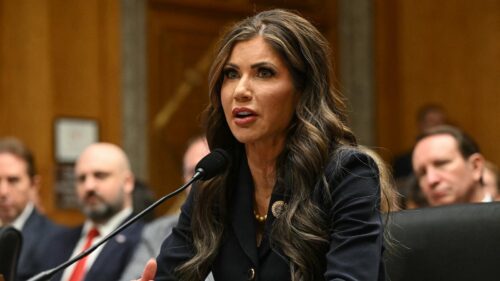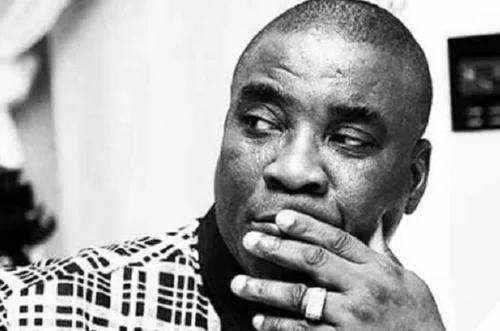BIG STORY
Ballon D’Or Nomination: Rivalry With Messi Now ‘Gone’ — Cristiano Ronaldo

- /home/porsch10/public_html/wp-content/plugins/mvp-social-buttons/mvp-social-buttons.php on line 27
https://porscheclassy.com/wp-content/uploads/2023/09/resize1694104504980.jpg&description=Ballon D’Or Nomination: Rivalry With Messi Now ‘Gone’ — Cristiano Ronaldo', 'pinterestShare', 'width=750,height=350'); return false;" title="Pin This Post">
- Share
- Tweet /home/porsch10/public_html/wp-content/plugins/mvp-social-buttons/mvp-social-buttons.php on line 69
https://porscheclassy.com/wp-content/uploads/2023/09/resize1694104504980.jpg&description=Ballon D’Or Nomination: Rivalry With Messi Now ‘Gone’ — Cristiano Ronaldo', 'pinterestShare', 'width=750,height=350'); return false;" title="Pin This Post">
-

 BIG STORY4 days ago
BIG STORY4 days agoPolice Arrest 26-Year-Old Housewife For Faking Own Kidnap, Collects N2.5m Ransom From Husband In Lagos
-
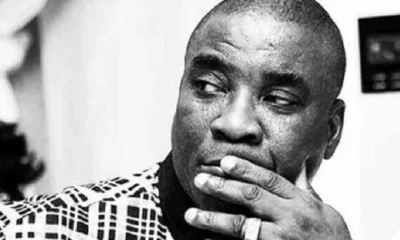
 BIG STORY3 days ago
BIG STORY3 days agoKWAM1 Loses Bid To Block Awujale Selection Process
-
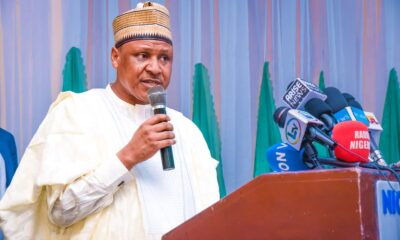
 BIG STORY3 days ago
BIG STORY3 days agoFG Officially Declares Kidnappers, Bandits As Terrorists
-

 BIG STORY3 days ago
BIG STORY3 days agoOnly Oyo Throne Can Confer Yorubaland Titles —– Alaafin
-

 BIG STORY3 days ago
BIG STORY3 days agoVisas Issued Before January 1, 2026, Remain Valid… US Assures Nigerians After Travel Restrictions
-

 NEWS3 days ago
NEWS3 days agoNigerians Are Not Having It: PayPal’s Quiet Comeback Bid Meets Fierce Resistance
-

 BIG STORY2 days ago
BIG STORY2 days agoJUST IN: Super Eagles Receive National Honours, Housing, Land Documents Promised By Tinubu
-
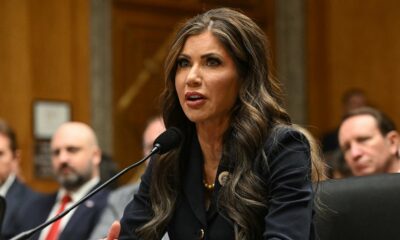
 BIG STORY3 days ago
BIG STORY3 days agoUS Launches $3,000 + Free Flight ‘Leave Voluntarily’ Immigration Plan




















